Corruption is the abuse of power or position for personal or financial gain. It is a form of unethical behaviour that involves the misuse of authority or resources for personal benefit. Corruption can take many forms, such as bribery, embezzlement, fraud, and nepotism. In growing and developing countries, corruption is a significant hindrance to growth and development. It is a poison because it undermines the trust of the public in the government and other institutions, and creates an environment of favouritism and injustice. When corruption is widespread, resources are not used efficiently and effectively, and essential services such as health care, education, and infrastructure are not provided to those who need them most. This results in a lack of investment, a decline in economic growth, and a decrease in the quality of life for the citizens of the country. Corruption also undermines the rule of law and contributes to poverty and inequality.
In some cases, politicians can be involved in corruption, using their power and influence for personal gain. This is often referred to as political theft or political corruption. This type of corruption can have serious consequences for a country, as it can erode public trust in government, undermine democracy, and prevent the development of fair and transparent policies. Political corruption can also divert resources away from important public services, leading to a lack of investment in infrastructure, education, and health care, and hindering economic growth. It is important for governments to establish strong anti-corruption measures and to hold politicians accountable for any illegal or unethical behaviour. Mainly politicians of third-world countries launder their corrupt money to build offshore companies.
Offshore companies are businesses that are registered in a country different from the one in which they conduct most of their operations or have their headquarters. They are often used for tax avoidance, to access financial and legal advantages, or for confidentiality purposes.
Developing countries are affected by offshore companies in several ways:
- Loss of tax revenue: Offshore companies often take advantage of favourable tax laws in other countries to reduce their tax liability, which can result in significant revenue losses for the countries where they operate.
- Inequality: Using offshore companies can exacerbate income and wealth inequality by enabling the wealthy to avoid paying their fair share of taxes.
- Unfair competition: Offshore companies may have an unfair advantage over local businesses that have to pay full taxes and comply with regulations.
- Money laundering and corruption: Offshore companies can also be used for illegal activities such as money laundering and corruption, which can further undermine the economies of developing countries.
- Lack of accountability: The secretive nature of offshore companies can make it difficult to hold them accountable for their actions, including any harmful impact they may have on the economies and societies of developing countries.
However, it is not accurate to make generalizations about politicians in third-world countries as it is a complex issue that involves multiple factors and actors. Money laundering and building offshore companies are not exclusive to politicians in third-world countries but are a global issue that affects individuals, corporations and even politicians in developed countries as well. Corruption, which can lead to money laundering, is a problem in all countries, regardless of their level of economic development. It is important to address corruption and money laundering through a combination of legislative, legal, and enforcement measures, to promote transparency and accountability in all countries.
The relationship between income and corruption was studied by Benjamin A. Olken and Rohini Pande in 2012. They explained that this relationship is complex, with both directions of causality being possible. Higher-income levels can lead to reduced corruption as it results in increased resources for investment in anti-corruption measures, improved business relationships, and higher demands for good governance. On the other hand, income shocks, particularly those from natural resources, may increase corruption as it creates more rents to be expropriated. However, evidence suggests that these rents may dissipate in the long run as voters become more informed. Overall, the relationship between income and corruption is still being studied and a clear conclusion is yet to be established. This micro-empirical research on corruption, in developing countries, has shown how basic economic concepts can be applied to corruption. The research suggests that corrupt officials respond to incentives and the threat of punishment and that the level of corruption can be affected by strategic interactions between corrupt officials. There is evidence that corrupt officials are resilient and adapt to changes in their environment, although the long-term impacts of anticorruption policies may still be positive. There is a lack of research on the effectiveness of the main domestic and international anticorruption policy initiatives, and a large and promising research agenda remains. To fully understand the impact of anticorruption policies, further data is needed on the short and long-term effects of these policies in various contexts.
Transparency International found that corruption and bribery are widely perceived as acceptable in certain regions, particularly during economic downturns. This issue results in a significant economic loss for developing countries, estimated at $1.26 trillion annually. The Transparency International Corruption Perceptions Index scores countries on corruption, with scores ranging from 10 (the cleanest) to 0 (endemic corruption). In 2010, 75% of countries scored less than 5 on the index. In the European Union, the annual loss due to corruption is estimated at $132 billion. In Bangladesh, a significant portion of the population has experienced corruption, with 84% of households who interacted with public and private institutions being victims. In Afghanistan, a significant amount of donated funds has been lost to corruption, with an estimated $1 billion lost from the $8 billion donated in recent years. Bribe payments for everyday services are estimated to exceed $1 billion annually. In Russia, corruption is prevalent in the education and law enforcement sectors, with bribes needed to become a police officer or gain admission to medical school. This has led to disaffection among the population and a draw towards Islamic extremism.

Corruption remains a persistent problem in Pakistan and continues to challenge the country’s stability and development. The recent reforms (PDM’s Motives for Regime Change) to the National Accountability Bureau (NAB) laws and the inability to recover 1100 billion rupees from corrupt politicians highlight the ongoing issues with corruption in the country. The government and relevant authorities need to take strong action to tackle corruption and implement measures to prevent it from happening. Only by working together and making a concerted effort can corruption be effectively reduced in Pakistan. Pakistan has ranked 140 out of 180 countries in the 2022 Corruption Perceptions Index (CPI) published by Transparency International (TI), the lowest score since 2012. The CPI is a measure of the perceived level of public sector corruption in a country as determined by expert assessments and opinion surveys. Pakistan’s ranking has declined over the years, falling from 117 in 2018.
World Economic Forum hosts an organisation PACI, the Partnering Against Corruption Initiative. It is a global CEO-led anti-corruption initiative founded in 2004. It aims to tackle corruption, increase transparency and reduce social inequality. PACI brings together top CEOs, governments, and international organizations to develop collective action on corruption, transparency, and emerging-market risks. The initiative uses technology, specifically its Tech for Integrity platform, to promote transparency and accountability. It also suggests some solutions to reduce corruption:
- Corruption is a global nuisance.
- It dissembles both finances and humans.
- International cooperation is the only track to overthrow it.

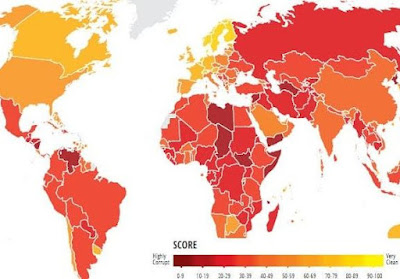

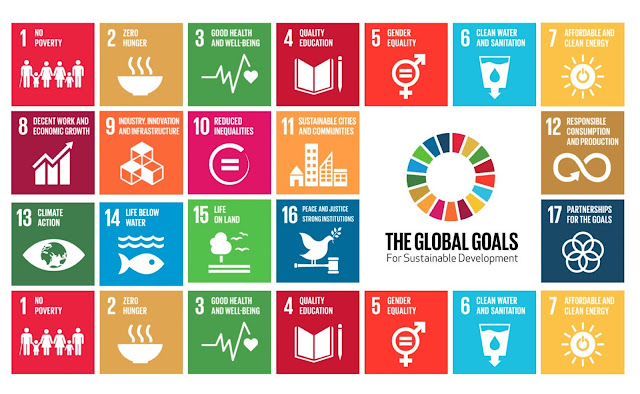

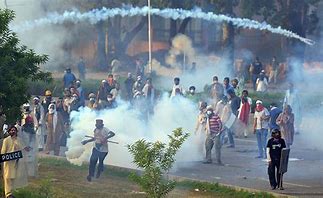


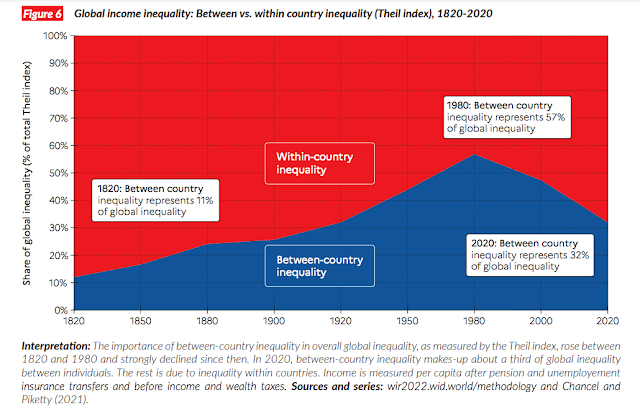
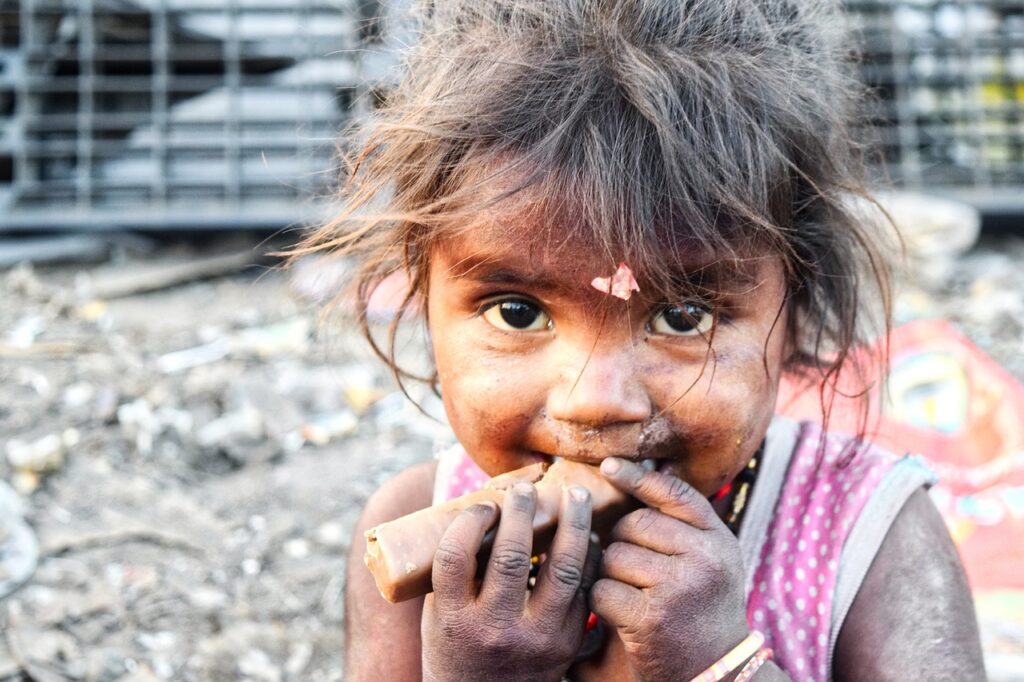

2 Comments